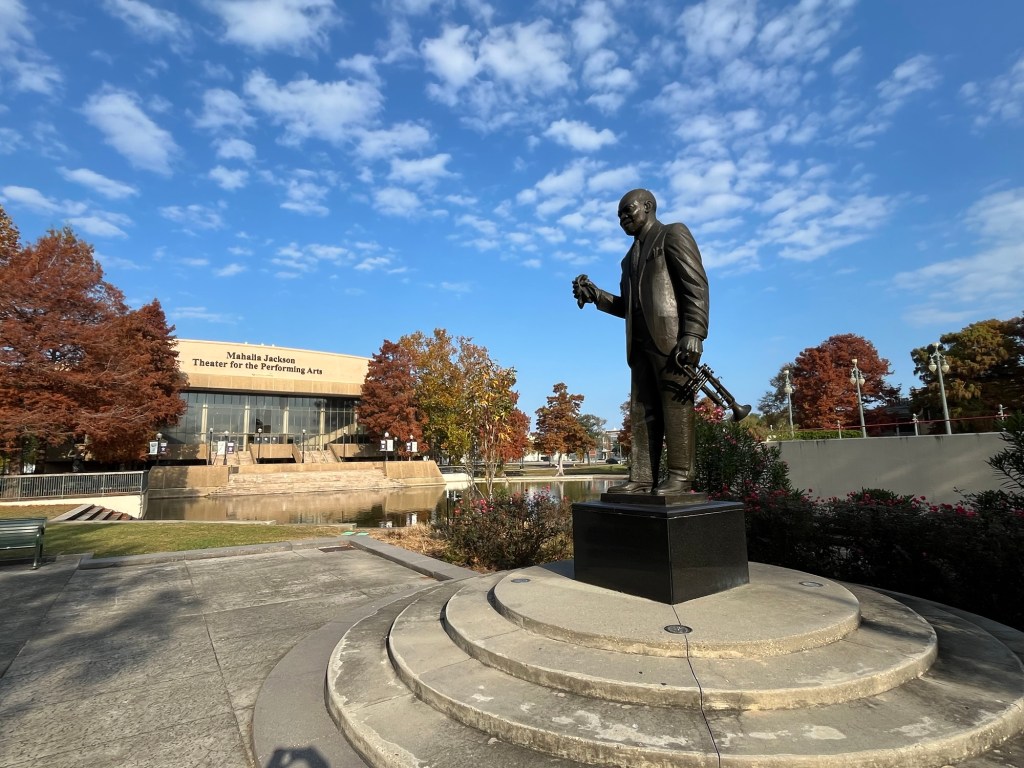







Performed? Not yet. (Unless you count “Crowd Member Milling About [with No Lines] – #7” in an Elementary School Christmas Pageant.) Given a speech? Yes. Unless it is completely impromptu, it is nowhere near the top of my list of horrifying life events.
 Funny Stuff: How Comedy Shaped American History by Laura LaPlaca
Funny Stuff: How Comedy Shaped American History by Laura LaPlaca A Streetcar Named Desire by Tennessee Williams
A Streetcar Named Desire by Tennessee WilliamsA local theater group’s performance of “My Fair Lady” a couple months ago… Unless, you count several minutes watching a group of fire jugglers on the beach in Krabi.

 George Bernard Shaw: A Very Short Introduction by Christopher Wixson
George Bernard Shaw: A Very Short Introduction by Christopher WixsonI was just reading George Bernard Shaw: A Very Short Introduction and learning about how his philosophy informed his plays. In particular, I learned why the play Pygmalion, which I recently read and which is the origin of the popular musical My Fair Lady, has an odd appendix which tells of the main characters’ continued life stories after the events of the play — as Shaw imagined them. Apparently, audiences pined for a love story between Henry Higgins and Eliza Doolittle, and Shaw never wanted that. Apparently, when Shaw saw what actors and directors were doing to tilt the story toward that love affair, he felt the need to add a postscript to set things straight.
 Pygmalion by George Bernard Shaw
Pygmalion by George Bernard Shaw Improv Wisdom: Don’t Prepare, Just Show Up by Patricia Ryan Madson
Improv Wisdom: Don’t Prepare, Just Show Up by Patricia Ryan Madson